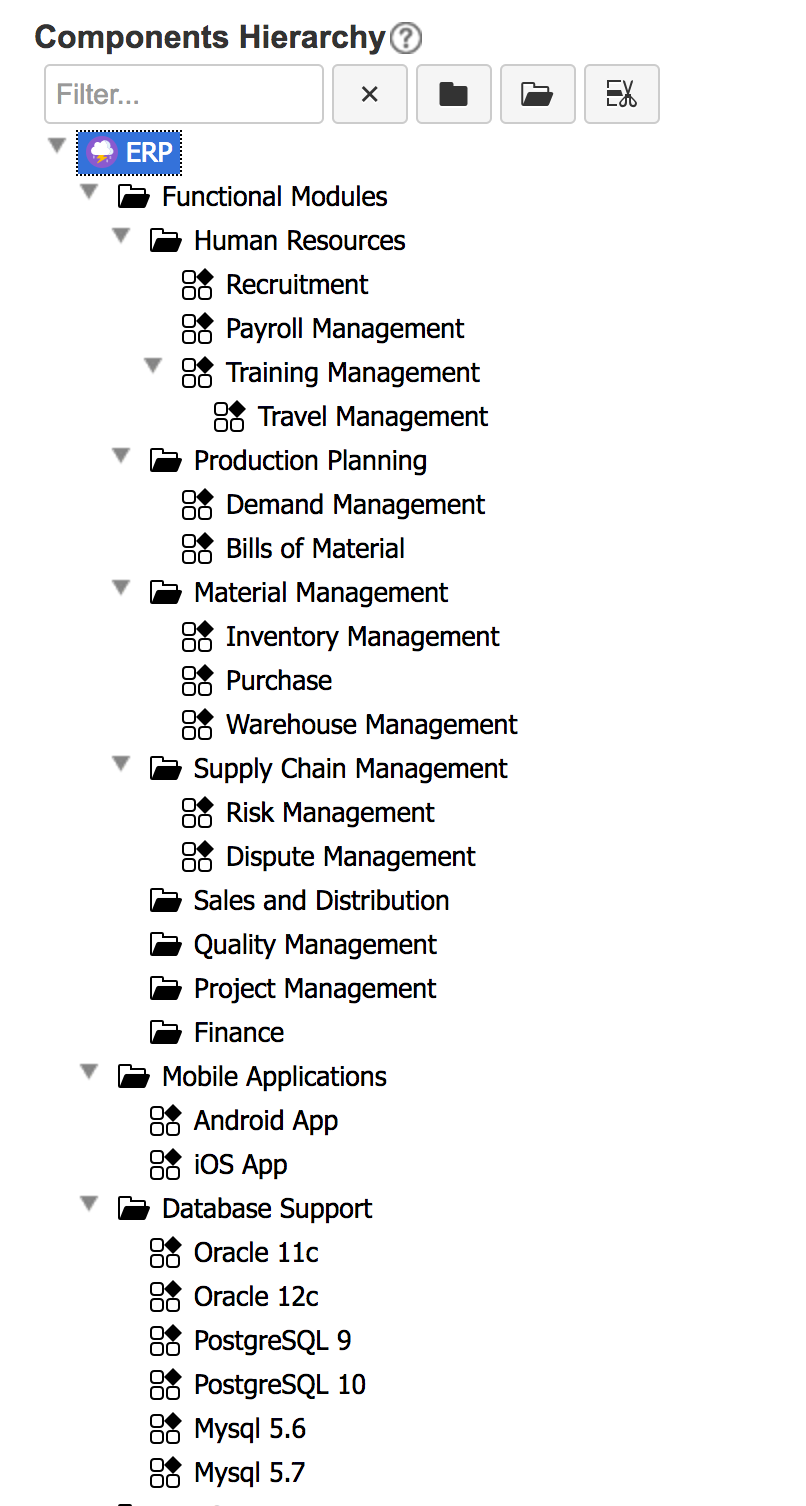import com.atlassian.jira.component.ComponentAccessor;
import com.atlassian.jira.event.type.EventDispatchOption;
import org.apache.log4j.Logger
import org.apache.log4j.Level
import com.deniz.jira.versioning.subcomponents.SubcomponentsService;
import com.deniz.jira.versioning.subcomponents.ParentComponentHierarchy;
import com.onresolve.scriptrunner.runner.customisers.PluginModule;
import com.onresolve.scriptrunner.runner.customisers.WithPlugin;
@WithPlugin("com.deniz.jira.versioning")
@PluginModule
SubcomponentsService subcomponentsService;
def log = Logger.getLogger("com.acme.SetSecurity")
log.setLevel(Level.INFO)
def jac = ComponentAccessor.getJiraAuthenticationContext();
def im = ComponentAccessor.getIssueManager();
//map of component/virtual component name to security level
def parentComponentToSecurityLevelMap = [
"Functional Modules": 10000L,
"Mobile Apps": 10001L,
"Database Support": 10002L,
"Other": 10003L
];
//def issue = im.getIssueObject("ERP-2"); //JUST FOR TESTING
//Retrieve list of components set
def allComponents = issue.getComponentObjects();
def int project_match = 0;
ParentComponentHierarchy.metaClass.isParentComponent = {String componentName ->
return delegate.componentName.equals(componentName) || (delegate.child != null && delegate.child.isParentComponent(componentName));
}
// Check if a component is chosen.
for (int i = 0; i < allComponents.size(); i++) {
String checkedComponentName = allComponents[i].getName();
Long checkedComponentId = allComponents[i].getId();
log.info("Checking:" + checkedComponentName);
ParentComponentHierarchy parentComponentHierarchy = subcomponentsService.getParentComponentHierarchy(checkedComponentId);
log.info("parent:" + parentComponentHierarchy)
def securityMapping = parentComponentToSecurityLevelMap.find { mapping ->
return parentComponentHierarchy.isParentComponent(mapping.key);
}
log.info("security mapping:" + securityMapping);
if (securityMapping != null) {
log.info("Applying security level:" + securityMapping.key)
issue.setSecurityLevelId(securityMapping.value);
im.updateIssue(jac.getUser(), issue, EventDispatchOption.ISSUE_UPDATED, false);
project_match = 1;
break;
}
}
if (!project_match) {
//log.info("No project match, assigning to Other with number "+parentComponentToSecurityLevelMap.get('Other'))
issue.setSecurityLevelId(parentComponentToSecurityLevelMap.get('Other'));
im.updateIssue(jac.getUser(), issue, EventDispatchOption.ISSUE_UPDATED, false);
log.info("NO Project Match")
}
